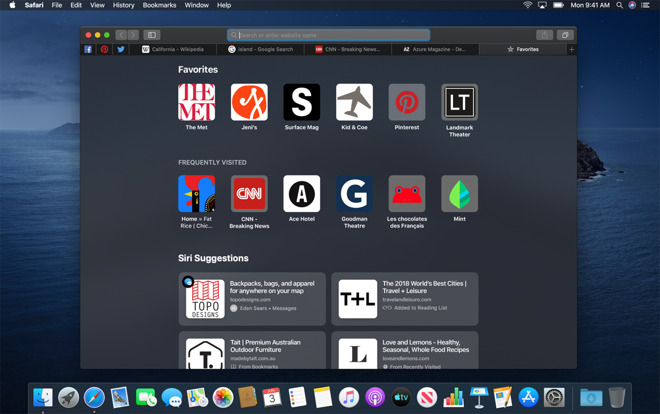Xcode For Macos Catalina 10.15
With the release date of macOS Catalina, 10.15 Xcode 11 beta also released. At the current time to test macOS Catalina on VirtualBox or VMware Workstation. Besides that, if you are a developer to develop any kind of App for macOS or Windows. Xcode 11 can only be installed on a Mac running macOS Mojave (10.14.4 or above) or macOS Catalina (10.15 or above). Go back to Step 0 and check to make sure you have upgraded to macOS Catalina as.
When you try to build xdebug on macOS Catalina you will get errors like these:
Configure and build xdebug on macOS Catalina

The reason for these errors is that the /usr/include folder is missing because Apple removed it when they released Xcode 11.

But, you can work around this problem. Here is how:
MacOS Catalina, version 10.15.x If you’re new to Xcode or are running Xcode 10 or earlier, install the latest version of Xcode from the Mac App Store. The latest version of Xcode meets the requirements of Mobile Extensions. Yes, you can run Xcode 12 with the current macOS, Catalina. It will work perfectly, although you can update to the developer beta of Big Sur. Yes, it supports Catalina. I recommend using the latest Big Sur beta, however, so that you can update your app to support the latest technologies. I'm using Mac OS 10.15.4 Catalina. MacOS Mojave had a known issue whereby users need to download missing Xcode headers. I have no headers in /usr/include. Multiple StackExchange questions and blogposts addressed this question, by recommending users do (roughly) the following.
First, you need to make sure that Xcode and the command line tools installed. Open a terminal window and run the following command to display the SDK path:
This command should output something like this:
If not, install the command-line tools with executing:
and follow the instructions. After the installation is finished, start Xcode App to make sure the installation is done.
Now try to display the SDK-Path again:
The php tools needed to compile an extension try to use this missing include folder. We will create a modified version of phpize and php-config which will use the includes from the macOS SDK. First we will copy phpize and php-config and then we will modify these copies with a patch.
We create a new folder in your home directory under /Users/YOUR-USERNAME with the name 'php-private'..
Now copy phpize and php-config to php-private
Now determine which PHP version is installed on your system by executing
You should get something like this
I have prepared two patches to simplify the process. Download the two files and save them in your Downloads folder.
Download the phpize patch phpize-catalina.patch.zip and save it. The contents of the patch file for reference:
For PHP 7.3.9 Download the php-config patch php-config-7.3.9-catalina.patch.zip and save it.
For PHP 7.3.11 Download the php-config patch php-config-7.3.11-catalina.patch.zip and save it.
The contents of the patch file for reference:
Extract the compressed patch files.
How To Update Xcode Catalina
PHP 7.3.9:
PHP 7.3.11:
Now we patching our copy of phpize and php-config
PHP 7.3.9:
PHP 7.3.11:
We are ready to compile xdebug
Create a working directory in your home folder. We will build xdebug here
Download xdebug from Xdebug.org and save in under Downloads.
Copy the archive to the working directory and extract it.
Now, we run our patched phpize in the xdebug folder.
When everything went good, you get something like this:
If so, you can skip the next part and continue with configuring and installing Xdebug.
Errors like these means, you need to install some requirements.
If phpize prints lines like these, you need to install autoconf:
To install autoconf, execute the following commands:
Now run our patched phpize in the xdebug folder again.
Check the output, and if everything went good, continue.
Configure and build xdebug:
Now we will find the full path to our patched php-config. This can be done like this:
The output will something like:
Replace '/Users/YOUR-USERNAME/php-private/php-config' with the output of the above command and configure xdebug by executing:
In the output of configure you will see that the SDK path is being used:
Now build the extension
We don't executing 'make install' to install xdebug.so because the macOS System Integrity Protection (SIP) will not allow us to install xdebug to the /usr/lib/extensions folder. To workaround this, we install the extension under the /usr/local folder.
Xcode For Macos Catalina 10.15 Full
Now edit your php.ini (usually under /etc/php.ini) to load the right xdebug. PHP searches for extensions in its default extension directory. Our xdebug resides outside of this directory, so we have to specify the full path:
Xcode For Macos Catalina 10.15.7
To test it, execute:
The output should begin like this:
Restart your apache web server to activate your changes